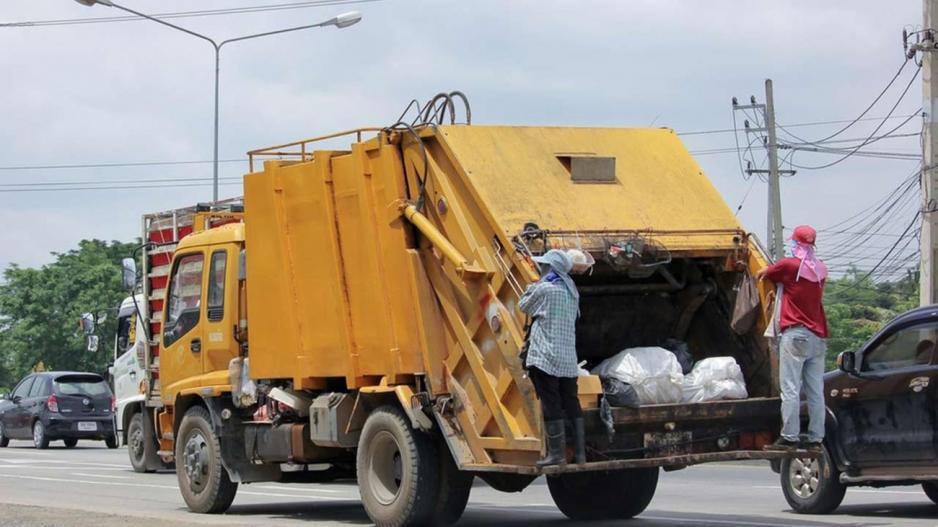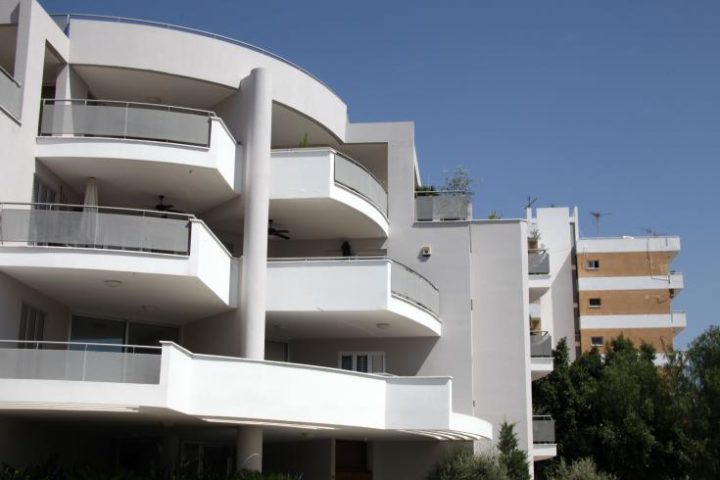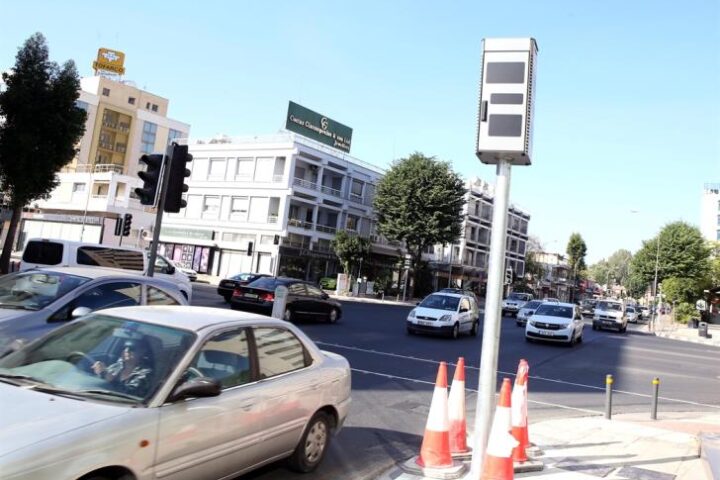Municipal authorities in Cyprus are reluctant to implement a “pay as you throw” tax scheme on waste, promoted by the government, in an effort to meet its EU environmental targets by encouraging more recycling.
The programme has already been introduced in Aglantzia, where citizens can now dispose of their garbage only in prepaid bags sold by the local authority, while disposing of recyclable waste for free, and garbage collection fees have been abolished.
According to a municipal source, in the two months of implementation of the programme there was a 99.3% participation by the residents and a reduction of garbage at the Koshi waste disposal ground by 39% (561 tons).
“Now, the average citizen of Aglantzia produces 251 kg of waste per year compared to 570 kg produced annually by the average Cypriot citizen. Recycling also increased by 27%,” the source said.
While Aglantzia claims it has gone a long way in reducing waste that finds its way to wastelands, other municipalities fear the lack of infrastructure and discipline.
Larnaca Mayor and head of the Union of Cyprus Municipalities, Andreas Vyras told the Financial Mirror that while municipalities would support such a scheme that rewards citizens who recycle and ‘punish’ those who produce waste, local authorities are not ready to collect and manage recyclables.
“Each municipality’s budget is expected to be burdened with a few million euros in order to introduce the necessary infrastructure to collect and manage the waste. Without help from the central government we do not feel that we are at a position to pull it off,” said Vyras.
He argued that municipalities should not force the implementation of such a programme, as Cyprus municipalities and communities do not have the necessary infrastructure.
“There are practical issues, which we, as mayors, have conveyed to the Agriculture and Environment Ministry. At the moment, there is no way of making people use prepaid bags for their organic rubbish and separate recyclables,” argued Vyras.
He added that municipalities are not legally covered to impose fines on people not conforming.
“Furthermore, there is no infrastructure for organic waste. We need to rethink our strategy and come up with solutions to promote recycling that are applicable,” he said.
Echoing Vyras’ concerns, Paphos Mayor Phedon Phedonos, said that Cyprus would have to rethink its strategy, as introducing a ‘pay as you throw’ system with prepaid bags will not go down well with Cypriots.
“Prepaid bags for disposing garbage cost some 2 euros a piece, while normal garbage bags cost 3 cents. With the current collection system and infrastructure at our disposal, we are not in a position to monitor who throws what in garbage bins,” said Phedonos.
He argued that municipal workers will have a hard time when it comes to collecting garbage from a block of flats with a common bin. Phedonos said that garbage collectors will not have the time to separate bags thrown in the bin, nor can they know who threw a non-prepaid bag.
“What will they do with that bag? Not collect it and leave it there? Investigate to see who threw it?” he wondered.
Solutions available
“There are solutions, such as introducing smart bins, which beneficiaries will open with a personal code. The bin will automatically weigh garbage thrown in and charge the person opening the bin. But these are costly methods and need to be thoroughly discussed,” said the Paphos mayor.
“We need to take things step by step. We need to start from the beginning and educate people on separating waste at the source and proper recycling habits,” he concluded.
On behalf of the Agriculture Ministry, an Environmental Department official, Elena Stylianopoulou, told the Financial Mirror that Cyprus had an obligation towards the EU to reduce municipal waste by 50%.
However, Cyprus’ municipal waste recycling rate is 19% while the landfilling rate is 75% (2019 data).
“The target for 2020 is for 50% of municipal waste to be recycled, rising to 65% by 2035,” said Stylianopoulou.
She argued that the way forward is the state’s “pay as you throw” tax scheme, a trash metering scheme for household waste, which the government is currently campaigning to convince municipalities to implement.
The Environmental Department official said that the ministry is preparing a bill that will oblige municipalities to implement the scheme.
She argued that ‘pay as you throw’ is a fairer system since the fees paid by each household or business are linked to the amount of garbage it produces while at the same time creating an additional incentive to participate in recycling.
“It’s good for the environment, and it’s good for people’s pockets. It has been proven that with the ‘pay as you throw’ system, Aglantzia inhabitants are paying 20% less for garbage disposal,” said Stylianopoulou.
She argued that the government will be standing by municipalities, as it has prepared a €25 mln incentive scheme for municipalities to set up mechanisms and infrastructure.
“We do acknowledge that things will not be peachy from the get-go, and some time will be needed for citizens to adjust to the change. However, this is the only way to move towards a cyclical economy,” she concluded.










